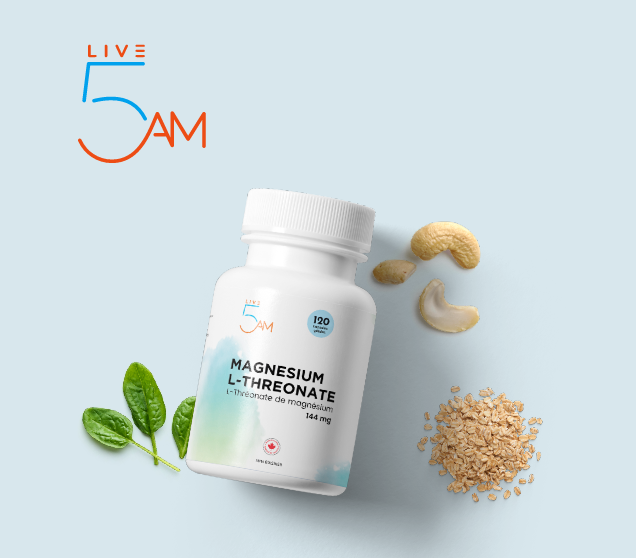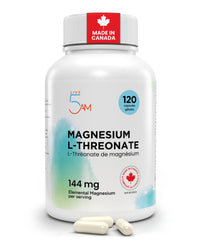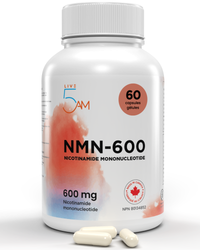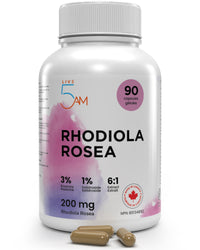Cold season is not a surprise, but every year, thousands of Canadians get blindsided, not because the weather is harsh, but because their internal systems aren’t prepared for it.
Most people still rely on the same winter habits: vitamin C gummies, lemon-ginger shots, herbal teas, more blankets, more rest. These offer comfort, not protection!
If your goal is real resilience, fewer sick days, faster recovery, stable energy, and a body that can actually defend itself, you need a different approach.
This guide explains the four nutritional systems that drive cold-season immunity,
what people misunderstand about each one,
and how to build a body that holds up under the pressures of winter.
By the end, you won’t need more Google searches.You’ll understand the whole system.
The Real Immune System: A Network, Not a Supplement
Most people picture immunity as something you “boost.”
Take something → feel stronger → stay healthy. That’s not immunity!
Cold-season resilience depends on four internal systems working in sync:
- Nutrient Status
- Metabolic Stability
- Gut–Immune Integrity
- Inflammation Control
When one of these breaks down, vulnerability increases.When all four align, your defence becomes predictable, not lucky.
Let’s make each system clear.
System 1: Nutrient Status
The foundation most Canadians get wrong.
Most people believe: “Citrus = immunity.”
What actually matters:
Vitamin C is helpful, but cold-season immunity is driven by Vitamin D, zinc, protein, and omega-3s.
Here’s why:
Vitamin D: The winter deficiency no one feels until they get sick
- Up to 60–70% of Canadians run low in winter.
- Vitamin D activates immune cells responsible for viral defence.
- Low levels = slower response, longer recovery.
Food: egg yolks, fortified milk, salmon
Reality: diet alone is rarely enough in a Canadian winter.
Zinc: The repair mineral
Zinc helps immune cells copy, repair, and respond.
Low zinc = delayed recovery and higher infection susceptibility.
Food: oysters, pumpkin seeds, meat, legumes
Protein: The part almost everyone underestimates
Antibodies, immune cells, repair enzymes, they’re all protein structures.
If you don’t eat enough protein, your body has to choose what to repair first.
This is why winter fatigue + repeated colds often happen together.
Target: 20–30g protein per meal
(You don’t need more supplements; you need enough building blocks.)
Omega-3: The winter inflammation regulator
Cold weather increases inflammatory load.
Omega-3 keeps that load manageable so immune cells can function.
Food: salmon, sardines, flax, chia
(Plant-based sources help, but marine sources are more efficient.)
System 2: Metabolic Stability
The most overlooked part of immunity.
Most people believe: “Sugar is just about weight.”
What actually happens:
Winter blood-sugar swings reduce immune response for hours.
Cold weather increases cravings for:
- pastries
- hot drinks with syrups
- comfort snacks
- holiday foods
These spikes suppress the activity of neutrophils, the immune cells that neutralize pathogens.
Meaning: Your body doesn’t just get tired after high sugar; it gets defenceless.
System 3: Gut–Immune Integrity
70% of your immune system sits behind your gut lining.
Most people believe: “Probiotics = immunity.”
What actually matters:
Probiotics help, yes! but the real issue is gut lining integrity, which gets weaker in winter.
Why?
Cold air → dry indoor heat → lower hydration → reduced mucosal protection → inflammation → weaker defence.
When the gut lining is compromised, two major problems occur:
- You absorb fewer nutrients
- Immune cells behind the gut get overwhelmed
To strengthen this system:
Focus on fibre + hydration + anti-inflammatory foods, not just probiotic capsules.
Key winter gut supports:
- Cooked vegetables
- Oats
- Berries
- Lentils
- Bone broth
- Fermented foods (sauerkraut, kefir, yogurt
System 4: Inflammation Control
Cold weather = higher baseline inflammation.
Most people believe: “If I’m not sick, my inflammation is fine.”
What actually happens:
Cold-season inflammation increases because of:
- lower sunlight
- colder temperatures
- less movement
- higher sugar intake
- dryer air
This inflammation weakens immune accuracy, meaning the body takes longer to respond and longer to recover.
The foods that reduce cold-season inflammation:
- Salmon & sardines
- Ginger and turmeric
- Dark leafy greens
- Olive oil
- Walnuts
- Berries
- Beans and lentils
When all four systems align, your colds become shorter, your energy stays stable, and your winter feels manageable instead of draining.







